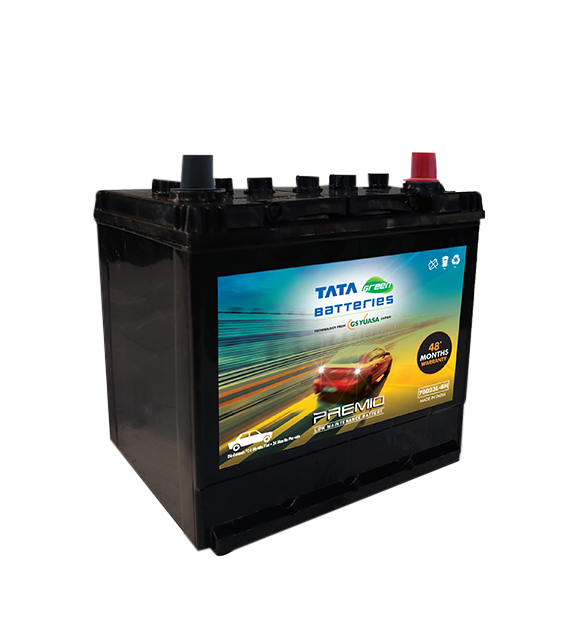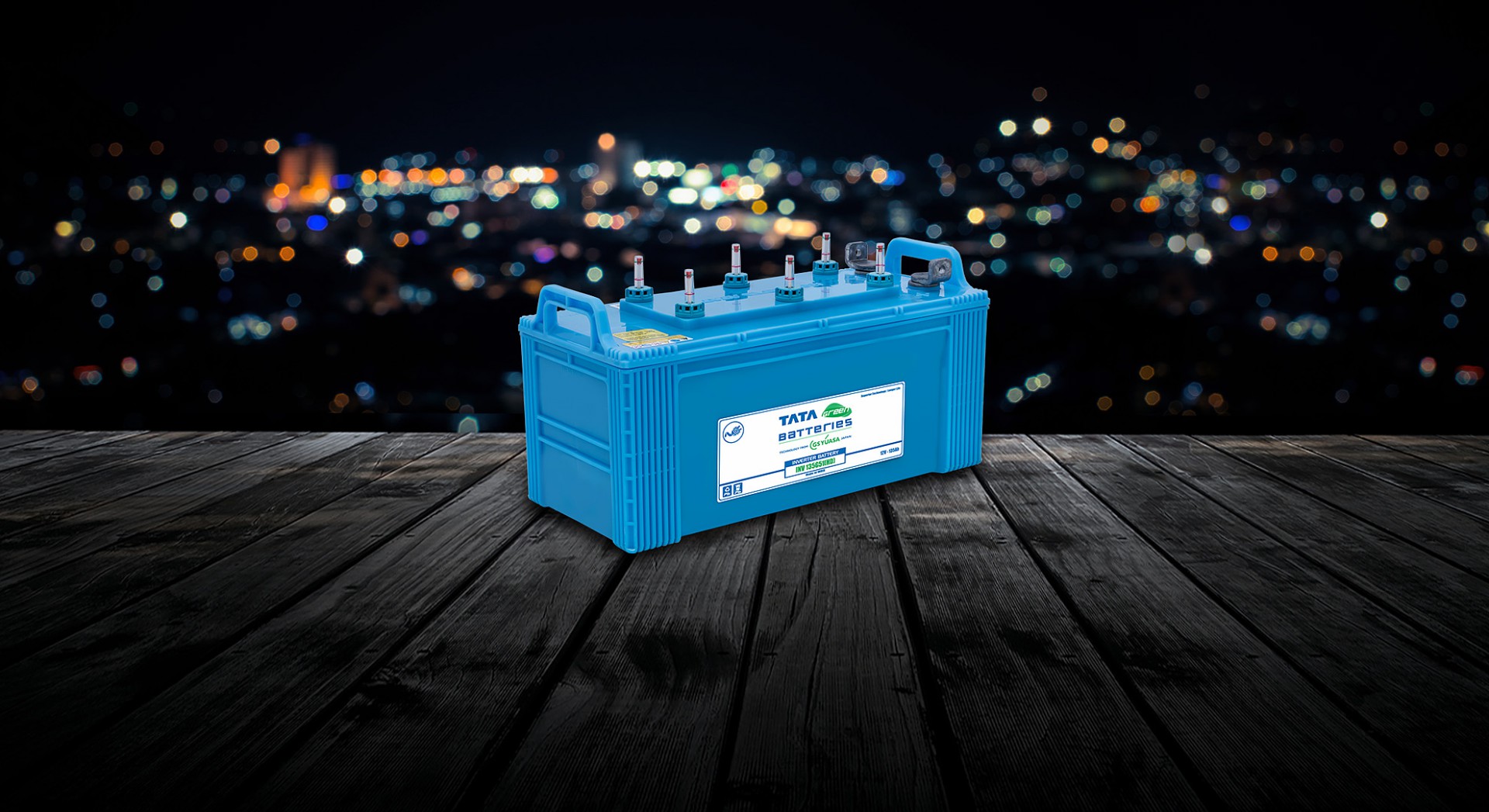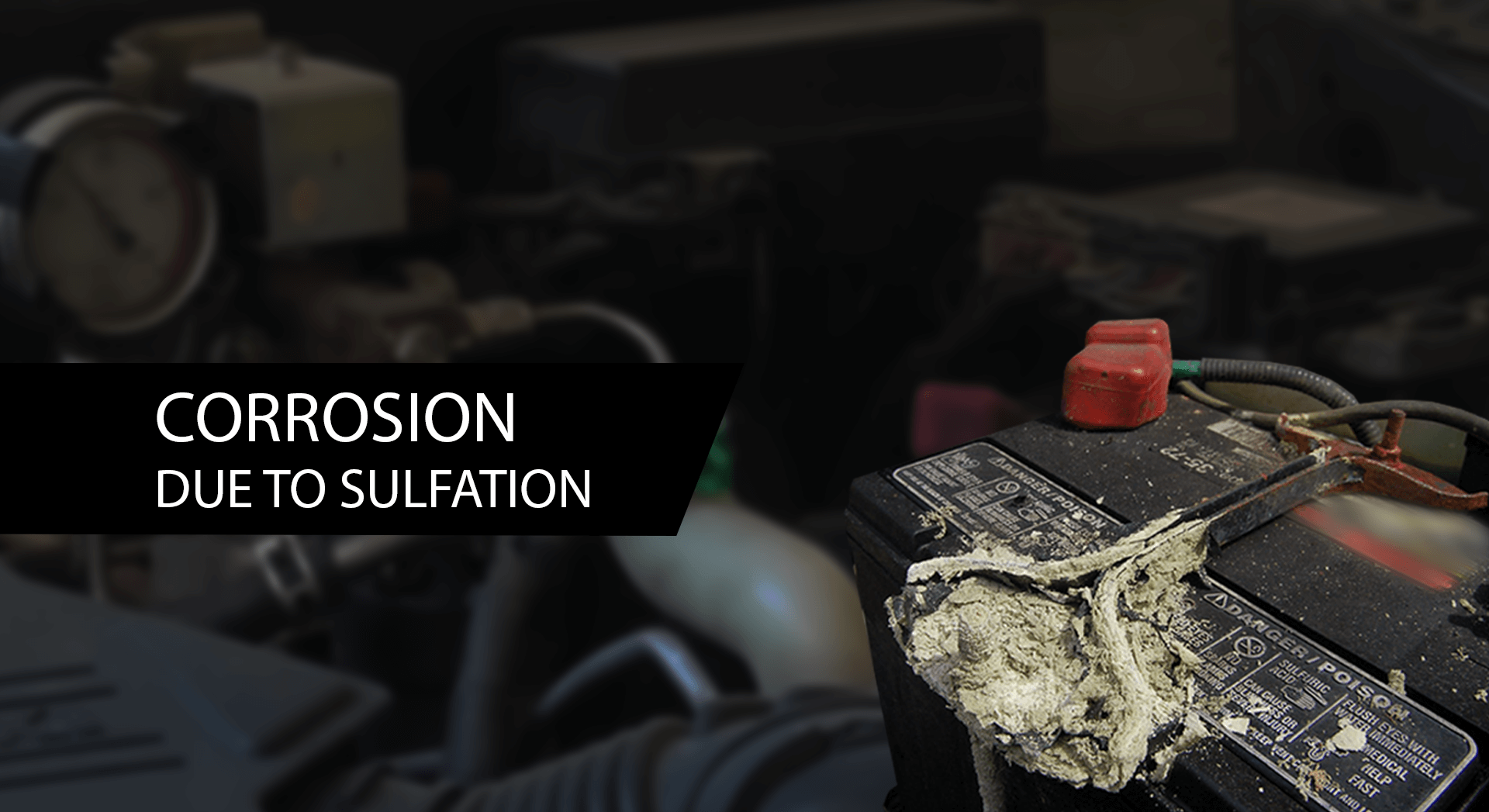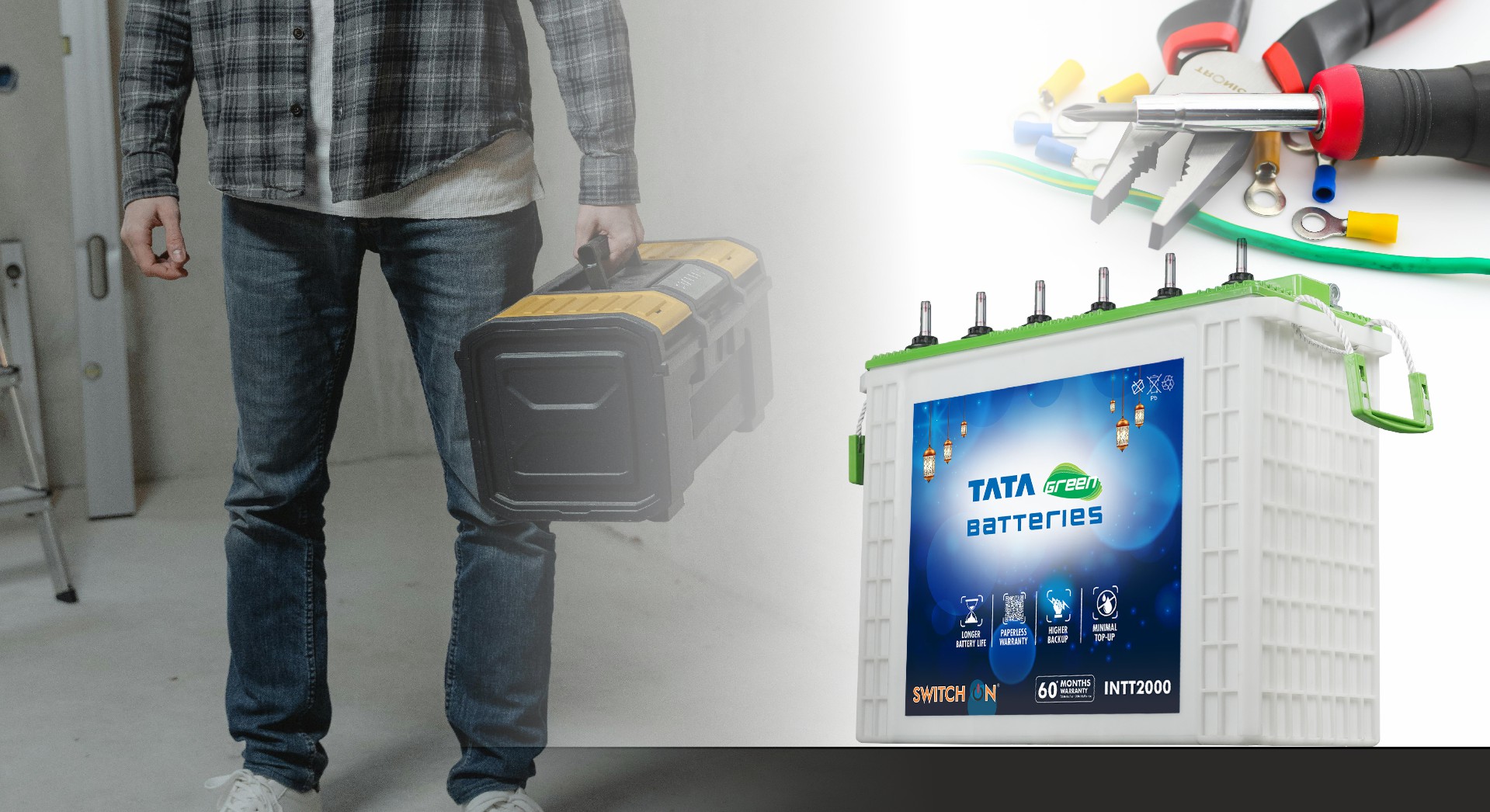Batteries are essential in our daily lives, powering everything from smartphones to vehicles. However, if mishandled, they can pose serious safety risks. Battery safety is crucial not just for the protection of the device itself but also for your health and safety. Here’s how you can safely handle batteries and avoid accidents.
Wear Protective Gear
When working with or handling batteries, always wear the appropriate protective gear. This includes safety glasses, gloves and protective clothing.
Safety glasses are essential for protecting your eyes from harmful substances, especially when dealing with acid-based batteries, which can leak. Gloves will protect your hands from getting exposed to hazardous chemicals, acid burns or any potential sharp edges. Protective clothing (such as an apron or long sleeves) prevents exposure to battery acid or any accidental splashes.
If a battery happens to leak, these safety measures can greatly reduce the risk of injury. Also, remember that battery terminals can be hot and accidents can happen if you’re not fully protected.

Keep Areas Ventilated
When charging or using batteries, always ensure that the space is well-ventilated. Batteries, especially lead-acid types, can release hydrogen gas as they charge. This gas is highly explosive and can build up in a closed or poorly ventilated area.
If you’re charging a battery in an enclosed space like a room or garage, make sure there’s adequate airflow. Open windows, use fans or, ideally, charge batteries outdoors. Hydrogen gas can form quickly and even the smallest spark could lead to an explosion. Ventilation is a simple but effective way to prevent this dangerous buildup.
Prevent Metal Contact
Metal objects and batteries should never come into contact with each other. Always keep jewellery, watches or other metal items away from batteries while working on them. A small mistake can cause a short circuit, leading to sparks, fire or even an explosion in extreme cases.
If a piece of metal comes in contact with the battery terminals, it can create a direct path for electrical current, causing a short circuit. This is why it’s important to wear protective gloves and avoid placing anything metallic near the battery. Even small items like coins, keys or necklaces can cause problems.
Regular Inspection and Maintenance
One of the best ways to ensure battery safety is by keeping an eye on the condition of your batteries. Regular inspections can help prevent dangerous situations.
Always check the connections to make sure they’re secure and not corroded. Loose connections can lead to overheating and potentially cause fires. Corrosion on battery terminals is a clear sign that something isn’t right and should be cleaned immediately using the appropriate cleaning method.
Look out for damaged battery parts, such as cracked casing or signs of leaks. If a battery seems damaged, don’t try to use it further. Always replace faulty batteries promptly to avoid risking damage to your device or injury to yourself.
Use the Right Charger
To ensure that your battery remains safe and functions optimally, it’s vital to use the correct charger. Chargers with incorrect settings can cause overcharging, which increases the risk of battery overheating and even fires.
Check the amperage settings on your charger to ensure they match your battery’s needs. Too much or too little current can damage the battery or lead to dangerous situations. Always follow the manufacturer’s instructions regarding charging.
Additionally, connect and disconnect the charger safely. Avoid pulling out the charger with force and always ensure the connection is secure before plugging in or unplugging. This will reduce the risk of sparks and accidents, ensuring the charging process goes smoothly.
Be Ready for Emergencies
Even with all the precautions in place, accidents can still happen. Knowing how to respond in an emergency situation can make all the difference. Here are some simple steps to follow:
- Neutralise acid spills – If a battery leaks or spills acid, neutralise it immediately by using baking soda and water. This will help prevent further damage or harm.
- Eye contact – If battery acid or any other harmful substance gets into your eyes, immediately rinse with plenty of clean water. Flush the eyes for at least 15 minutes to reduce the risk of serious damage. After rinsing, seek medical help right away.
- Fire safety – If a battery catches fire, use an appropriate fire extinguisher. Don’t try to douse the fire with water, as this can make the situation worse, especially if the fire is caused by a lithium battery.
Being prepared with the right knowledge and materials can help you act quickly and prevent injuries in case of an accident.
Stay Safe and Smart with Batteries
Battery safety is about being mindful of the risks and taking simple precautions to protect yourself and your environment. By wearing the proper protective gear, ensuring proper ventilation, preventing metal contact, maintaining your batteries, using the right charger and being prepared for emergencies, you can significantly reduce the chances of accidents. Keep these safety tips in mind and your experience with batteries will be much safer and hassle-free.















